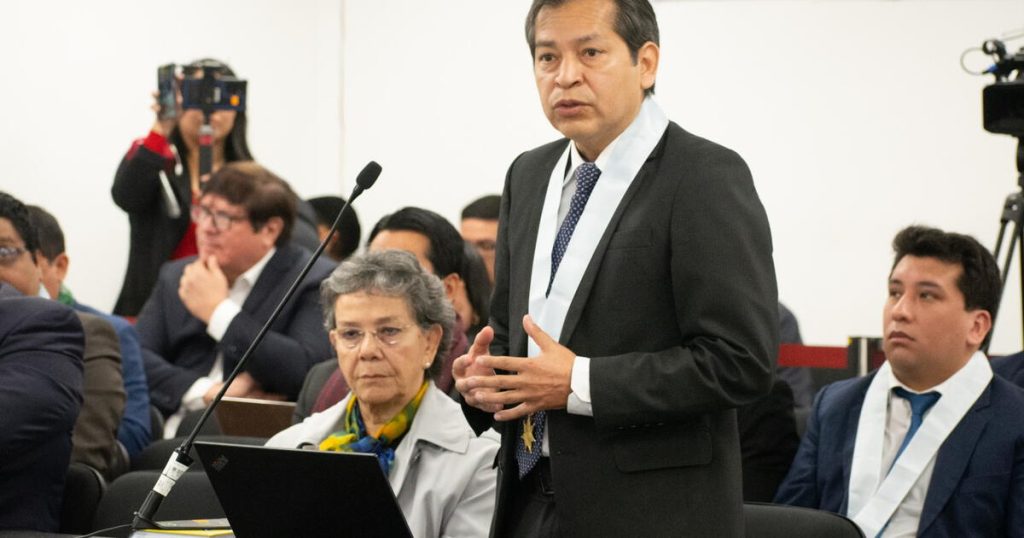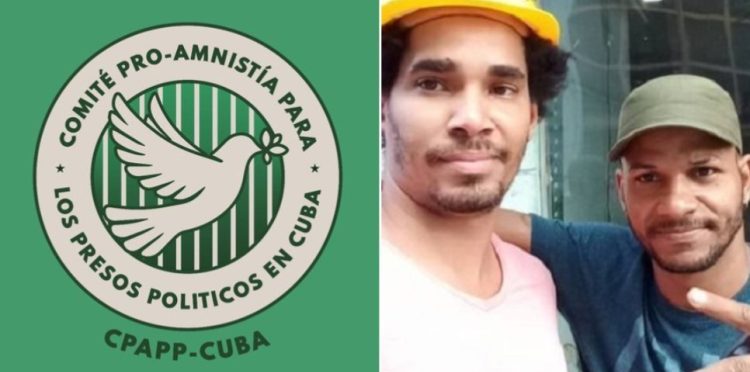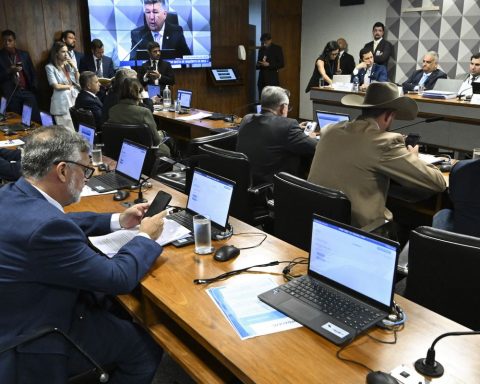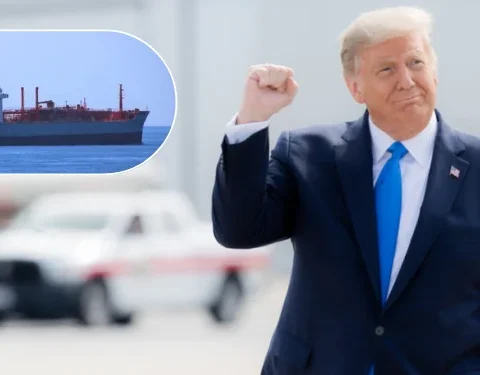For starters, migration is one of Trump’s central priorities. In his official government platform has proposed, among other things, “deporting millions of migrants,” reestablishing the “Remain in Mexico” program, sending military elements to “seal the border” and finishing the construction of the famous border wall. In addition, the Republican candidate uses aggressive and dehumanizing language to refer to migrants and has assumed an even more nativist and xenophobic position than in his first candidacy in 2016.
Such an extremist migration agenda would have disastrous consequences for migrants, as the Mexican government has made it clear that it will not hesitate to use migration as a bargaining chip with Washington: “We help you reduce and contain migration and, in exchange, you leave us out of your protectionist and tariff policies, you promote bilateral investment and trade, and you do not enforce all the provisions of the T-MEC (especially in the energy sector).”
For migrants, “containing and reducing migration” meant facing military persecution by the National Guard and the risk of being imprisoned in inhumane prisons (like the one that caught fire, killing dozens of people, in Ciudad Juárez).
If that was the dynamic of the bilateral relationship during López Obrador’s six-year term, there is no reason to think that the “government of continuity” will do anything different. On the contrary, in terms of realpolitikthe containment of migration may indeed be the main card of the Sheinbaum government to deal with Trump. In addition, since migrants do not vote, the Mexican government can assume these positions that violate human rights at a very low political cost. However, it is still surprising that the government of “Mexican humanism” and Latin Americanist foreign policy offers such a degrading treatment to migrants.
On the other hand, many of the people Trump would deport are Mexican. What would Sheinbaum’s government do to welcome the returning compatriots, who could probably number in the millions? Are there minimum conditions of employment, security, public services and housing for all of them? How would Mexico pay those “heroes without capes” (as López Obrador calls them) who have sent large remittances for years? And what about the blow that not receiving those remittances would mean for the Mexican economy?
In terms of security, combating fentanyl is a Trump objective. This is bad news for Mexico. First, the security priorities of Mexico and the United States are almost incompatible: While Washington is interested in combating large criminal organizations (such as the Sinaloa Cartel) that produce fentanyl, Mexico is interested in containing groups that focus on territorial control and extraction from local economies (such as Los Tlacos), which are the ones that most affect the population. There is a potential conflict there.
Second, historically, when the United States pressures Mexico to take a more frontal position against criminal groups, violence erupts in our country due to the State’s fight against criminal groups, due to the confrontation between different criminal organizations and due to the dissolution of large criminal structures into smaller, disorganized and violent groups.
Third, one cannot rule out abrupt action by Trump, such as sending a military command or unmanned drones to Mexico to “eliminate the cartels.” Both are proposals by his vice-presidential candidate, JD Vance, and are partially contemplated in Trump’s Government Platform. What would the Mexican government do in this scenario?

















